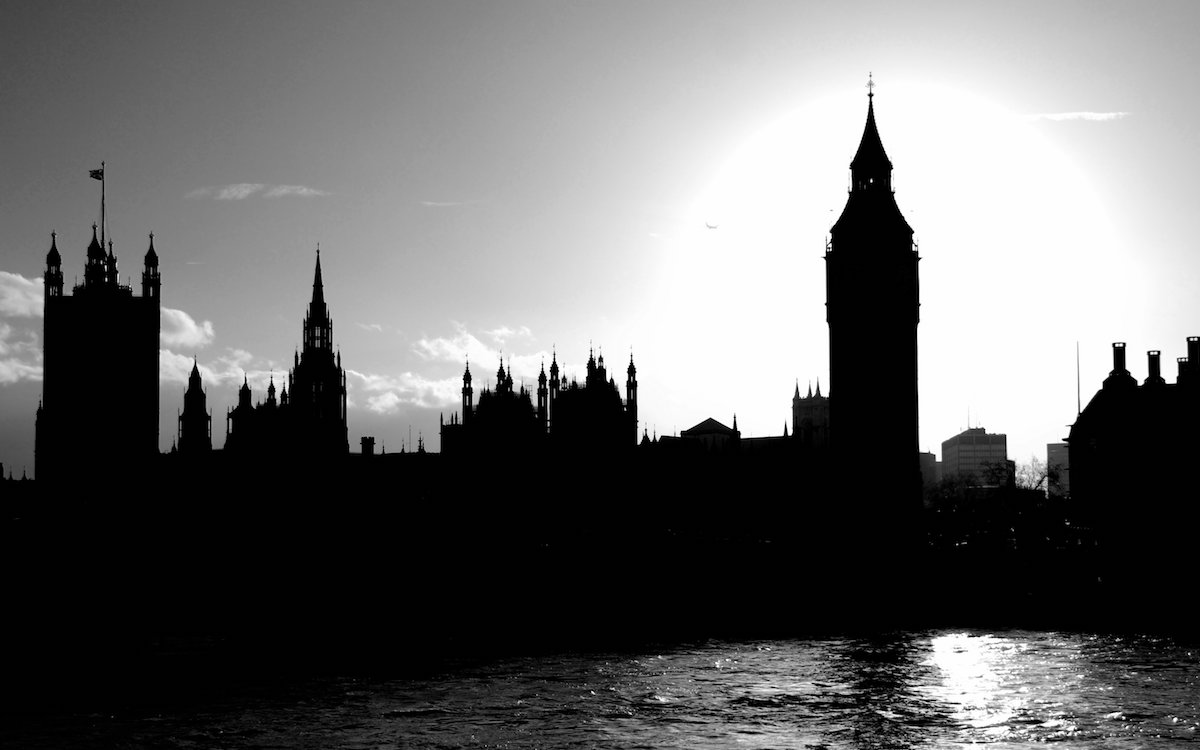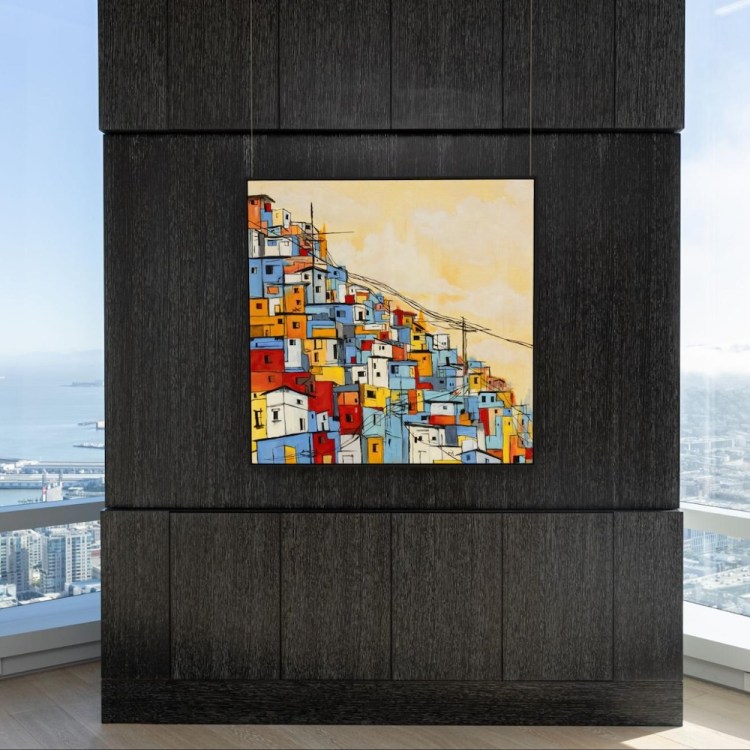I don’t know what it’s like to be in the middle of a terrorist attack.
I do know, though, what it’s like to be on the periphery of one. Three, in fact.
On September 11, I lived with my two best friends in a third-floor Brooklyn walk-up, the sort of apartment where the paint on the living room walls stopped at the point where we could reach without a ladder. By the time I woke up, Lower Manhattan had been obliterated. Our other best friend had come over because his cable was out; a Time Warner service technician narrated events to him for 30 minutes while they tried, and failed, to reactivate his service. “Fucking Time Warner,” he told us. Later that night, I hugged my landlord, as well as everyone else I knew in Park Slope, at a vigil that filled Seventh Avenue as far as we could see.
I slept through 7/7/2005 in an ex-boyfriend’s apartment in Golders Green, London. I had first lived there during college, at a time when if you worked for a big company — as I did, for Marks & Spencer — you might get, along with your employee handbook, two cards, with two phone numbers: one for you to call if a store was bombed outside of business hours, and one for family members to call if your store was bombed while you were at work. By the time I woke up, on July 5, 2005, suicide bombers had attacked the London tube and a bus, killing 52 people. My boyfriend came back from a doctor’s appointment, saw my stricken face, and said, “What’s the matter with you?” It was not that he was unaware of the day’s events — he meant the question literally: What was the matter with me? Nothing, really. We are fundamentally different people, I remember thinking — not me and my boyfriend, per se, but New Yorkers and Londoners, Americans and Europeans, people who had survived the Blitz and people who had not had to. At least in Golders Green, there was no vigil, and there was no hugging.
I did not know about the Paris attacks — in November 2015 — until my sister called me. She was in Philadelphia but had a friend who worked for the FBI. “How close are you?” she asked, and I had to refer to Google Maps to check the distance between my boyfriend’s apartment and the Bataclan: “750 meters,” I told her. We converted it to feet (2,460), and then to units of measurement we understood: just under a half-mile, a nine-minute walk. My boyfriend and I looked out the window: it was the same as always. We looked in the refrigerator, which was empty, except for a jar of mustard and a half-empty box of blueberries. “Will the markets be open tomorrow?” I asked. They were. Whatever fear and anxiety people felt was expressed privately. “You have to understand, this city was occupied by the Nazis — in my grandmother’s lifetime,” my boyfriend said. There was really no hugging. By midnight, news reports on the country’s primary TV station, TF1, had ended, and they were showing NCIS. “It would not be like this at home,” I remember saying.
I do not think of the unlikeliness of being in these three cities at those three times very often, but I do, on a day like yesterday, when people going about their business are — the only phrase is “caught up” — in these shuddering earthquakes that occur when these two tectonic plates — the West and terrorism — come into conflict.
I have learned three things:
- Chances are, unless you are in the middle of it, you might entirely miss it, until you see it on the news.
- Security is an illusion. There is a tension between public demand for security and public demand for freedom, and too often, our politicians sell us security (once more: an illusion) for the very real diminution of our personal liberty. Ironically, I found this to be less true in Europe, where I observed a higher tolerance for risk and a rejection of government measures they deemed invasive.
- Most everyone on the periphery of events like this will calculate how close they came to the mayhem. For me, this was Paris: I had meant to go to a bar down the street from the Bataclan later that night. It was both infuriating and enervating, the thought of being drawn into someone’s murderous political act.
The words I’m using, “infuriating and enervating,” sound small because that’s how I mean them: the act becomes insistently personal, and the response — the personal response — is less a political position than a rejection of the murderer’s imposition: How dare he.
By contrast, after years of living in and out of and around the Bay Area, I recently experienced my first official earthquake. Was this it? I wondered. Would it get worse? Would it get better? Was this the end? It felt, for a moment, like it could be; and I remember the exhilaration of feeling, for once, attacked by nature, by the planet itself. It felt utterly impersonal, and I thought, in the few seconds before my bed stopped shaking, of what a relief that was.
This article was featured in the InsideHook newsletter. Sign up now.
























